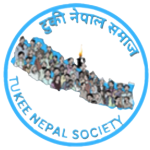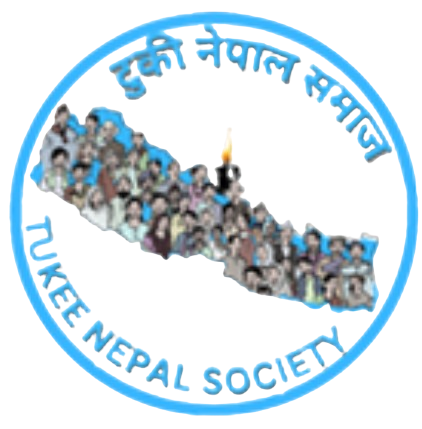Construction Projects
Toilet projects
In 2007, only 10% of Jyamrung’s inhabitants had a toilet. Everyone else had to go into the forest, the fields or the river. This affected not only the hygiene but also diseases spread out easily. Tukee Nepal Society sponsored 8 toilets at the homes of minority groups. The toilets were built after an eco friendly model as suggested by the Red Cross. The lavatories are supposed to work for 70 years for a family of 10 people. The building started in 2008 and by the end of 2011 90% of all households had one because people who could afford the costs built toilets for themselves after they realized that minority groups owned already one. Most toilets are constructed according to an environmental friendly concept as learned from us.
Our plan is to make sure that by the end of 2012 everyone in the village has a toilet. There are 55 lavatories left which need to be constructed in the village. Those who don’t have one yet are the poorest families who cannot afford to build it by themselves. So far we have found 22 sponsors for 22 toilets, those are nearly finished. Tukee Nepal Society is looking for 33 more sponsors to finance more environmental friendly toilets. After finishing toilets in Jyamrung we still have plans to build more lavatories in the neighboring villages to increase hygiene and standard of living.
Electric projects
A few years ago light came only from kerosine lamps since there was no electricity at all. But kerosine is an expensive good that has to be imported and gives only very little light. Tukee Nepal Society supported in 2008 solar power panels for a minority group village (the same village that received the toilets).
Solar power project:
Getting electricity is expensive for everyone in the village, not even richer people could afford it. With the help of the Swedish electricity company Holtab a project started in 2010 to build a micro hydro power station for 120 households. After on-site studies and planning it was decided to use the nearby mountain stream behind the school building to get eco-friendly power. The project was finished in March 2011, now almost the whole village has electricity including the school building and the medical center. The tariff is significantly lower than what villagers previously paid for lamp oil, but it’s still enough to cover maintenance. And most important, the power plant is owned and run by the villagers. 3 locals have been trained to operate and maintain the facility, 2 of them work part-time as operators. Thus the project has created two more jobs in the village. Nowadays almost each house has two light bulbs and a wall socket, for example to charge the mobile phone. Having light is a big change for the villagers. Children can do their homework in proper light and through their mobile phones they can keep in touch with family members working abroad or in Kathmandu.
House Renovation Fooding Projects
Many families lived in broken houses since they didn’t have spare money to repair the roof or wall. Tukee Nepal society supported with this fund the renovation of 15 houses. Furthermore 12 poor families were supported with food because they didn’t have enough food from their own farm and they didn’t have the money to buy basic food as rice, sugar or tea. More sponsors are needed to help more families to buy food and to renovate more houses.

